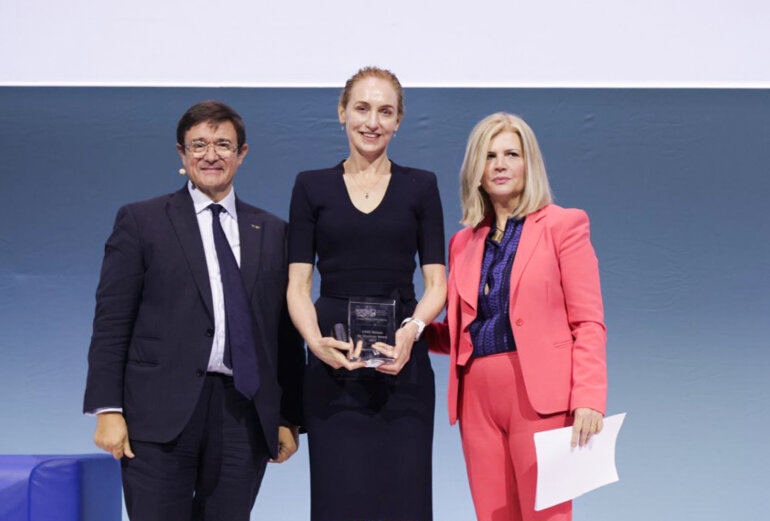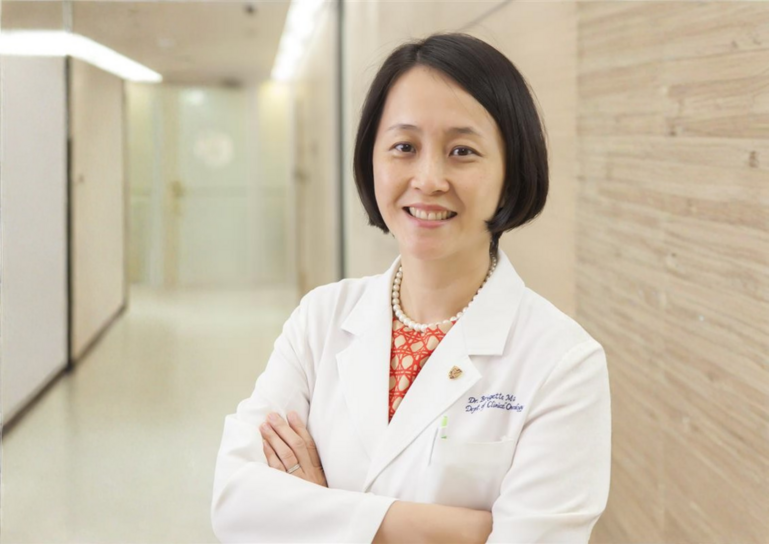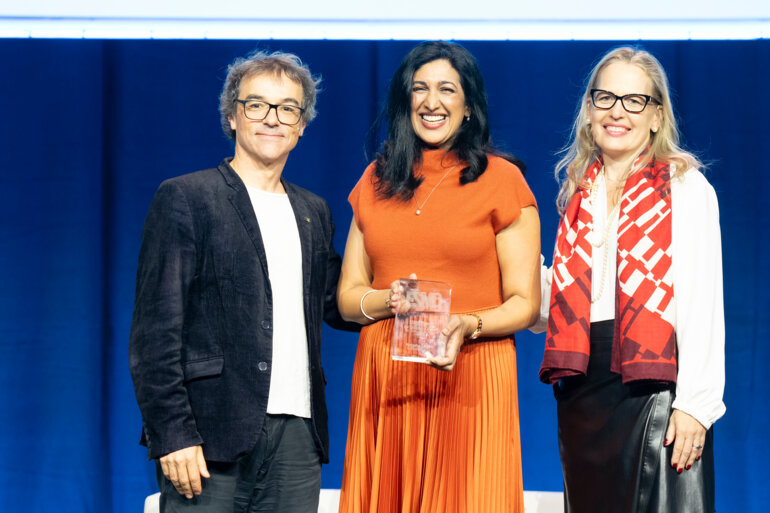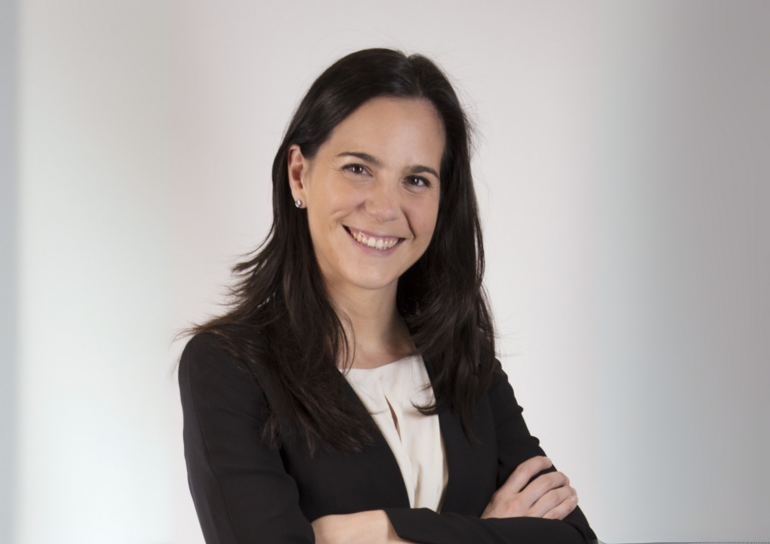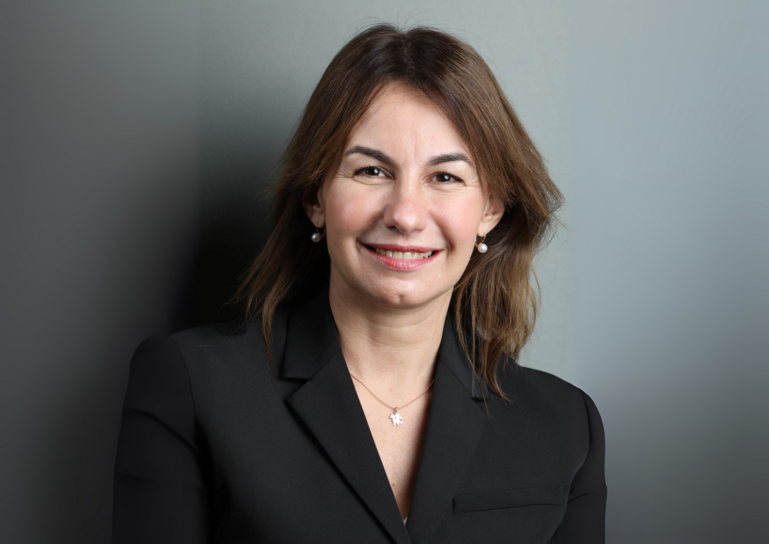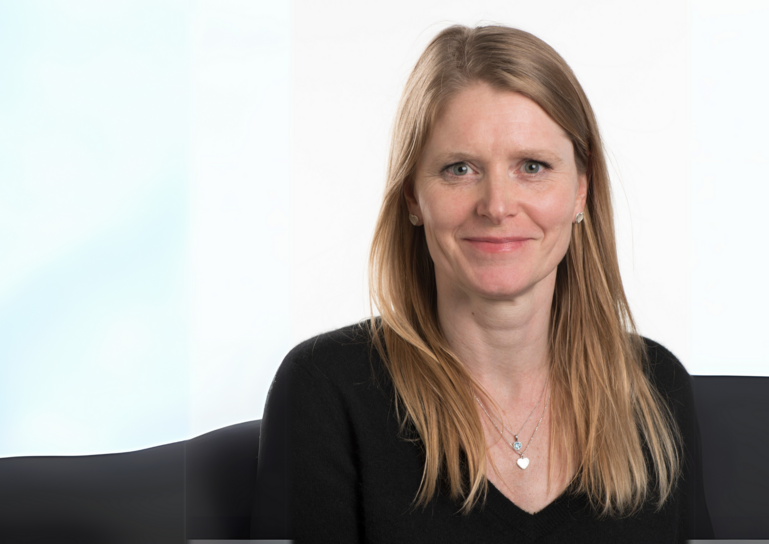ESMO Women for Oncology Awardee Prof. Georgina Long talks of addressing gender bias in oncology
At the ESMO Congress 2023 (Madrid, 20–24 October), Prof. Georgina Long from the Melanoma Institute Australia (MIA), The University of Sydney, and Royal North Shore Hospital, Sydney, Australia, receives the 2023 ESMO Women for Oncology Award. Leader of an extensive clinical trials team and laboratory at MIA, and first female president of the Society for Melanoma Research, she is also a role model and inspiration for many women in clinical research.
What responsibilities come with being a leader and a role model?
I think that the key responsibility of a leader is to guide and serve an organisation to the best of your ability. This involves not only meeting the mission and goals of the organisation – and ensuring they remain relevant – but also making sure that you are always moving the organisation forward. Another important part of leadership is to inspire the people within your organisation and to listen to their views. Leadership requires flexibility in your approach, so that you can deal with whatever comes your way, and the courage to make what can be difficult decisions. In terms of being a role model, I think that this is a privilege. Yes, I am a woman; but foremost, I am a fierce and high-achieving clinical academic. I hope that, sometime soon, my gender will not be a cause for remark or congratulation, and that a person’s effectiveness as a leader and role model – both perceived and in reality – is not fettered to their gender.
In your experience, how can women in oncology be better supported?
The most important thing, I think, for anyone, is to be recognised for your contribution. What tends to happen is that the contributions of women, not just historically but still today, are often overlooked. We need to challenge an unconscious bias that has been forged over centuries, at all levels of society, that continues to disadvantage women. This bias needs to be unlearned across the whole of society. Right now, in oncology, addressing gender bias requires action from all stakeholders, including international societies, which still give greater prominence to men in speaker and chairing roles at congresses. If congresses were to truly reflect individual contributions to clinical research, the distribution of speaker roles would more closely reflect the gender ratio we see in the real world. Part of the challenge is to support women in recognising the value of their contributions, whatever they may be; and to believe in their capacity and worthiness to take on a breadth of roles, as directors, orators, commentators, and thought leaders.
What does your role as a mentor mean to you and is there a need to improve mentoring?
Mentoring is very important. I think seeing women doing and leading is essential, and ignites the belief in others that they can do it too. This is something I am conscious of in my mentorship – you often have to see it to be it. However, it is incumbent on all people in leadership to actively mentor both women and men about the role of women in oncology. Regrettably, addressing gender bias is often seen as ‘women’s work’; just as it will be largely women reading this article now. I consider one of my greatest contributions to people is mentoring young people of all genders, including out of their unconscious bias. I make it clear to everybody that biased behaviour is unacceptable. I have seen that, once individuals are made aware of an issue, behavioural change, and sometimes changes in view, tend to follow. Hopefully, these changes will help to inform and educate succeeding generations of doctors and researchers coming through. Altering perceptions and behaviours is something that needs to extend beyond the workplace into wider society, and all individuals – of all genders – have a responsibility to try to effect this change.
What is your advice for managing work–life balance?
Perhaps, increasingly, men are asked this question too? My advice to all individuals is that you cannot have your cake and eat it too. That is the reality. The great leveller is that we each have 24 hours in a day to work with. So, you need to think hard and make decisions about how you want to spend that time. Remember that you cannot do, and be, everything for everyone. There must be compromises. Try to make choices that set your life up with partnerships – both professional and personal – that are fair, kind, and considerate to everybody. Unfortunately, women are often forced and funnelled into decisions that do not serve them because of time-honoured domestic arrangements. If you have a goal that you are really passionate about, then go for it; but realise that saying yes to one thing may mean other things are not done to perfection. And that’s okay. That’s how things get done.


